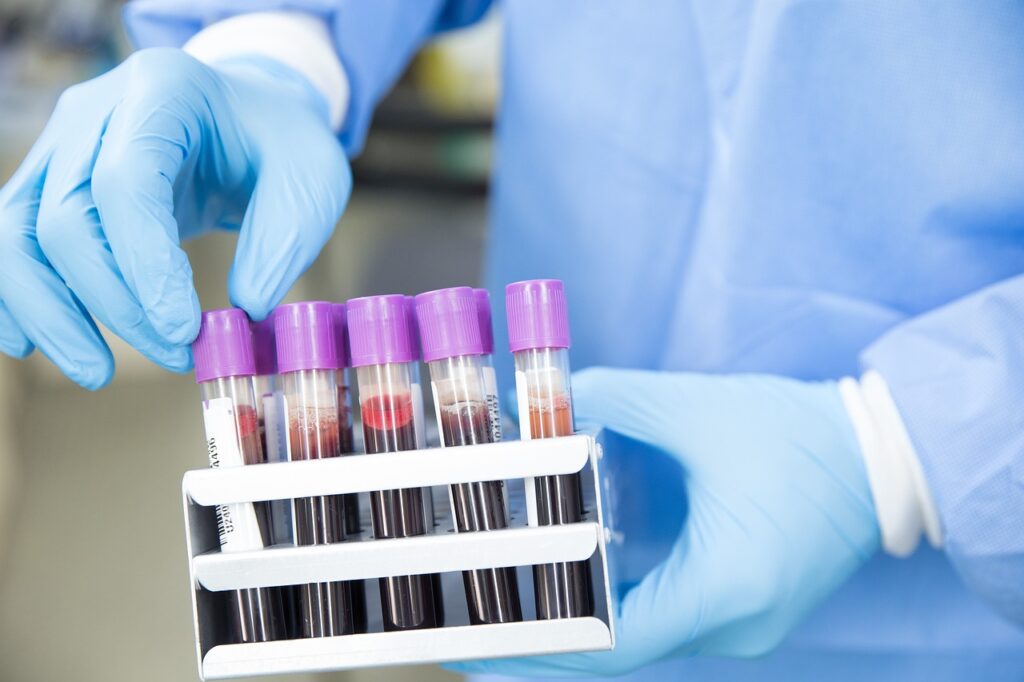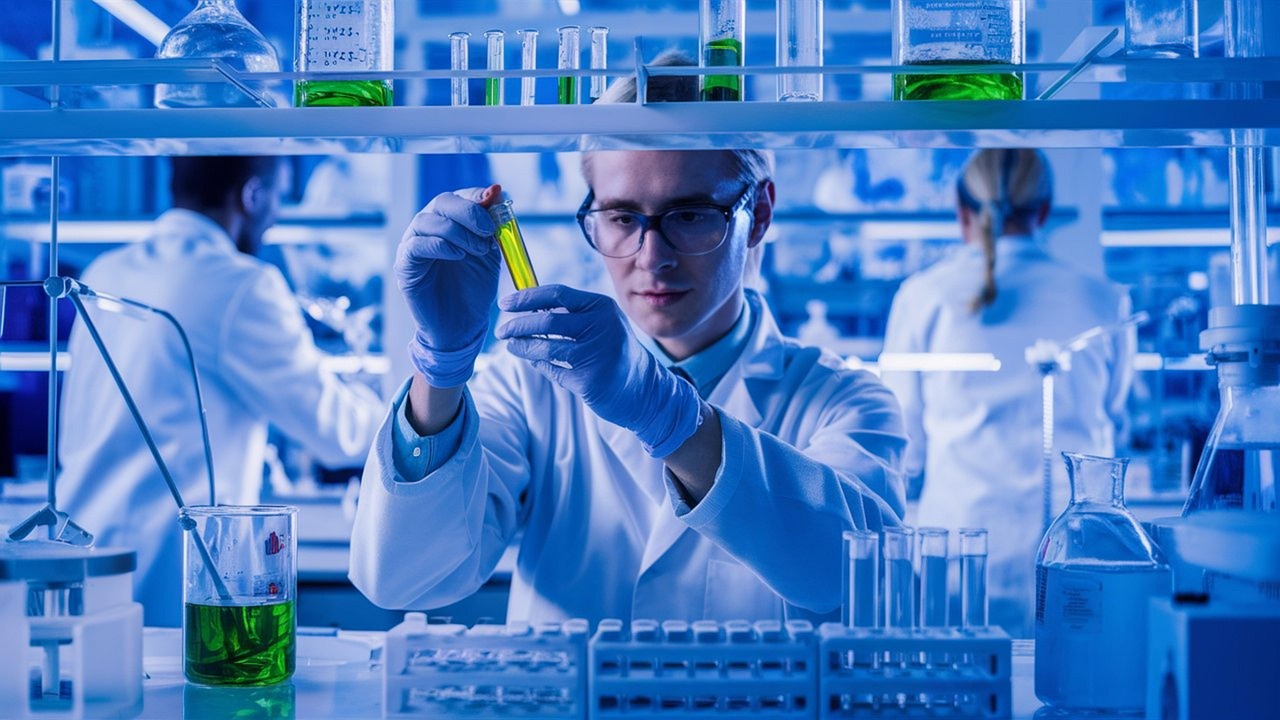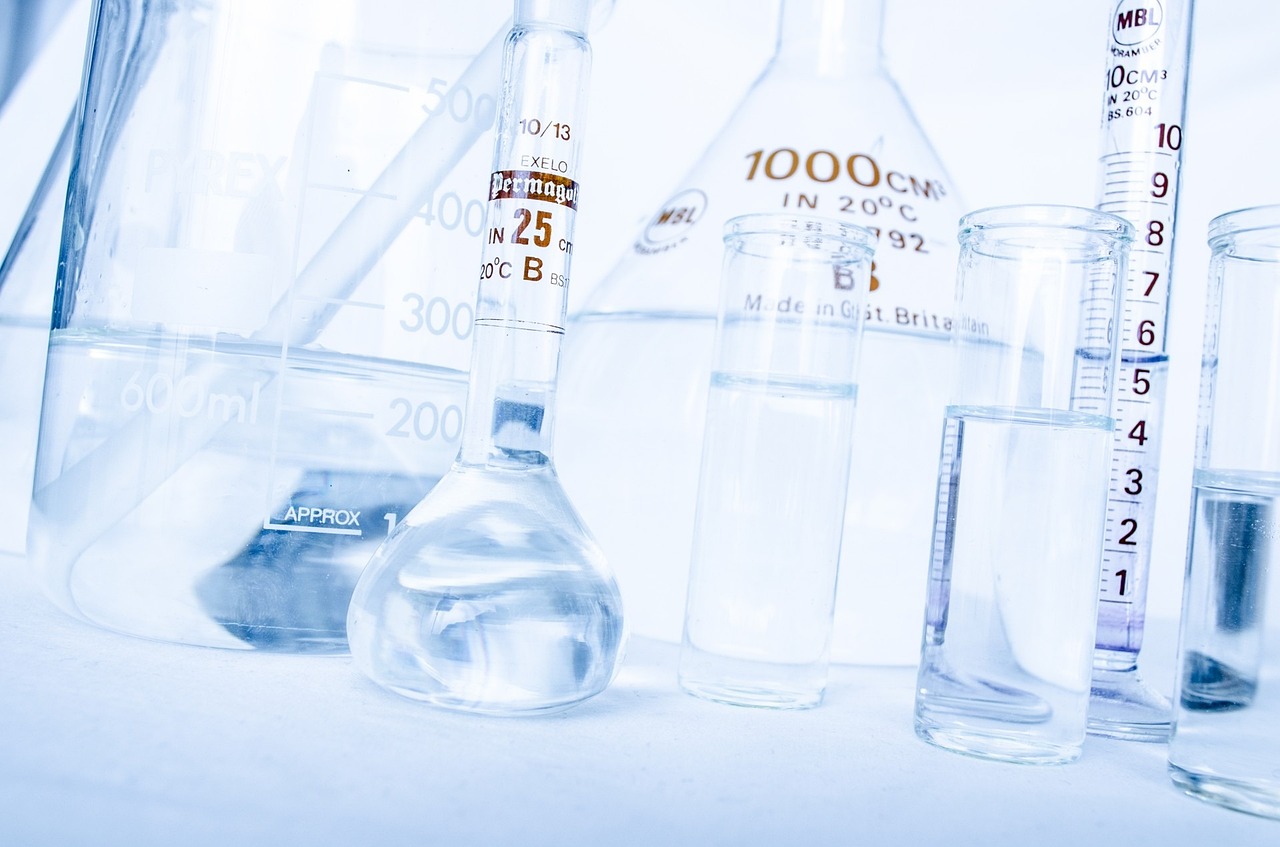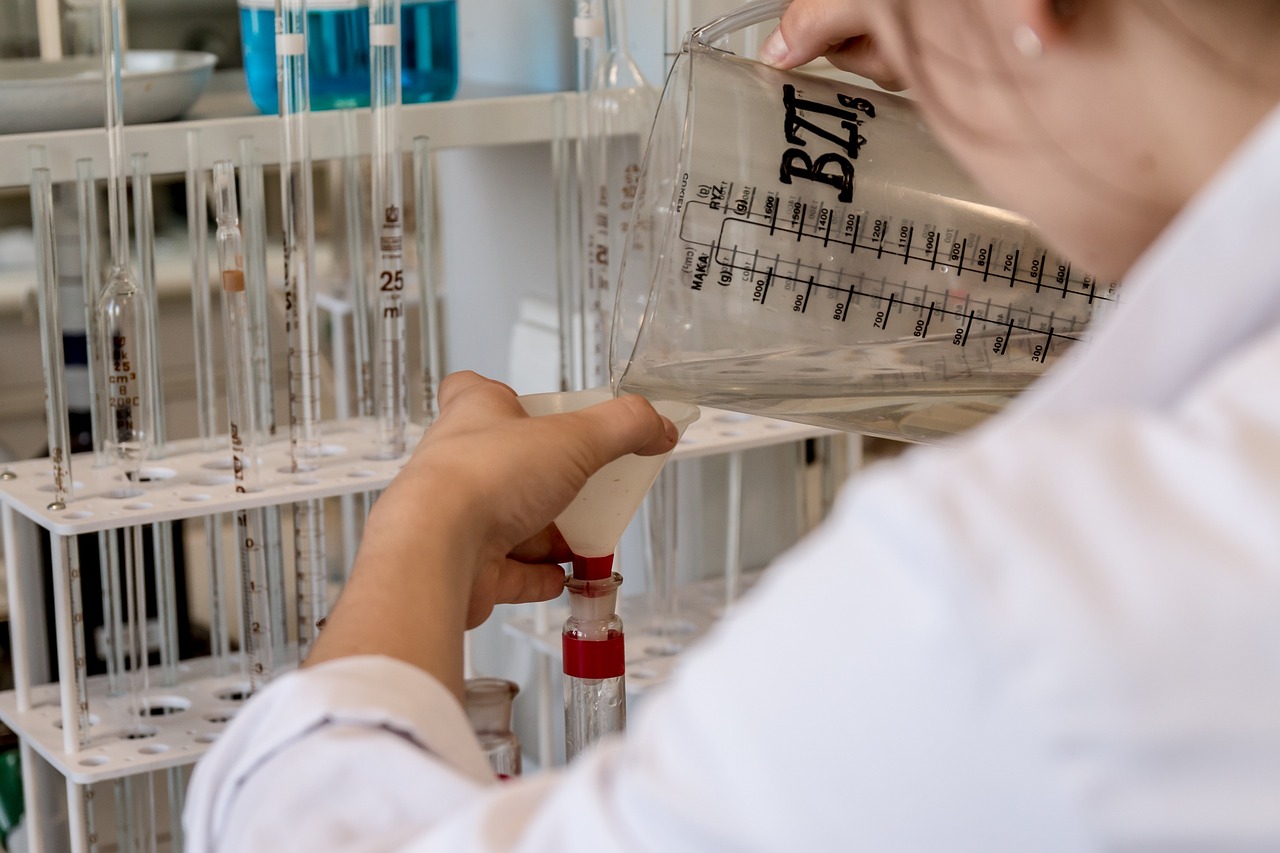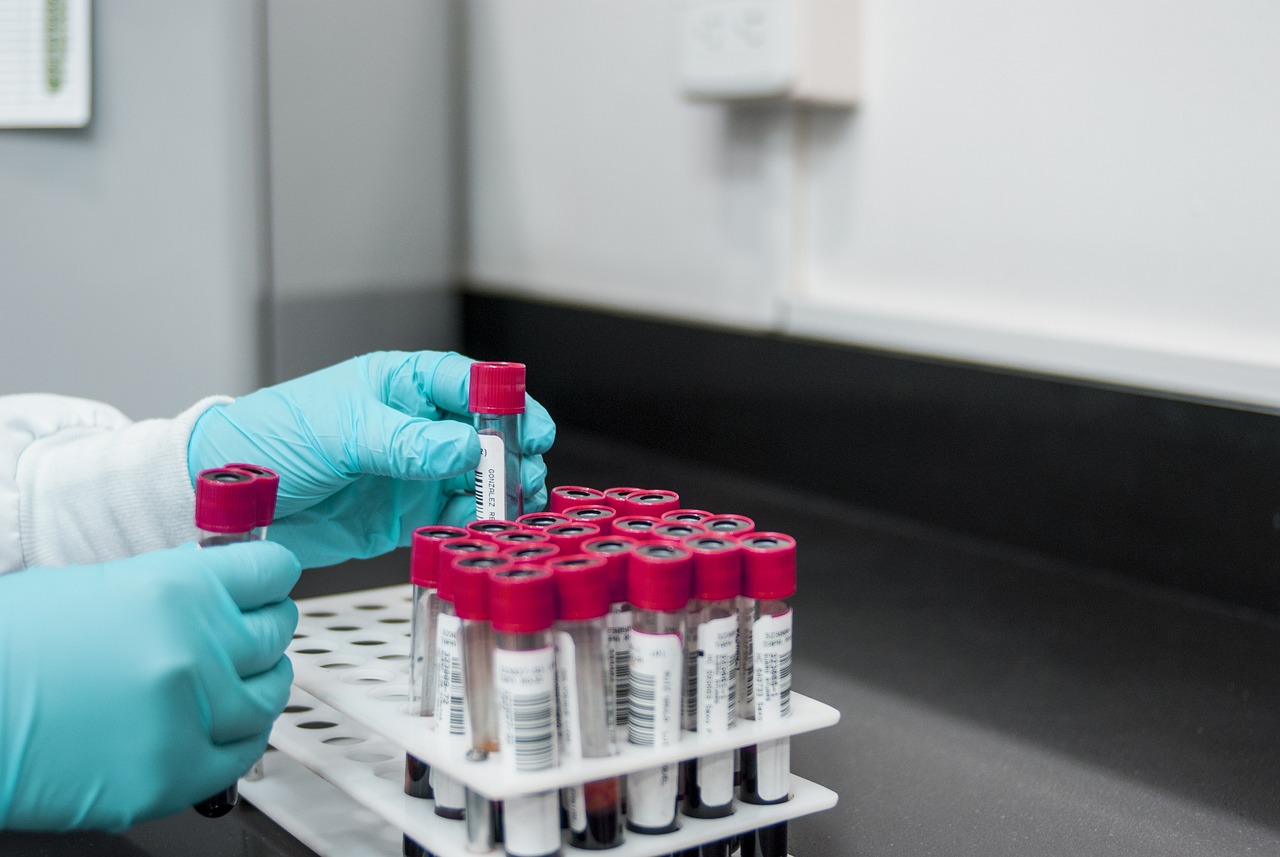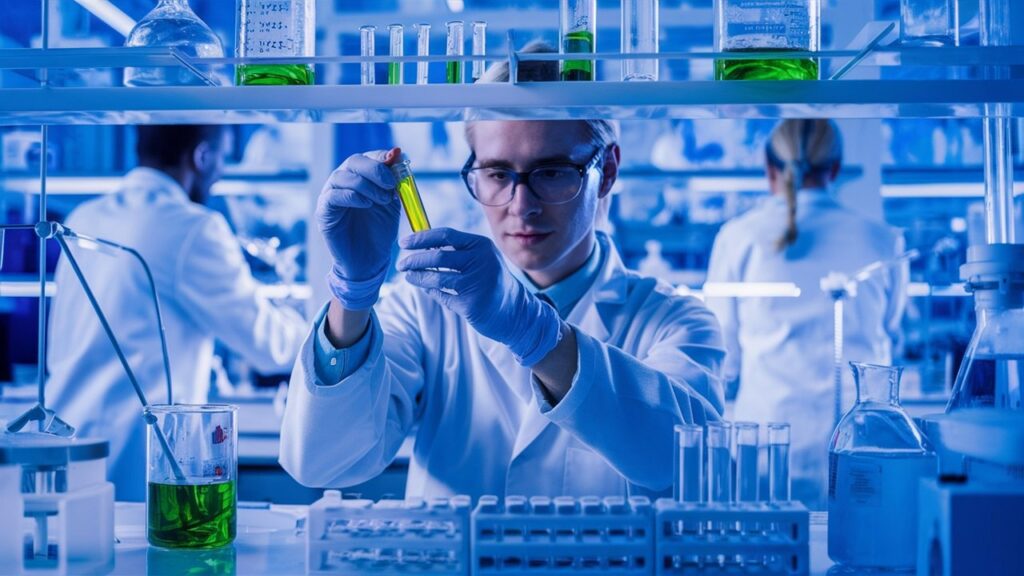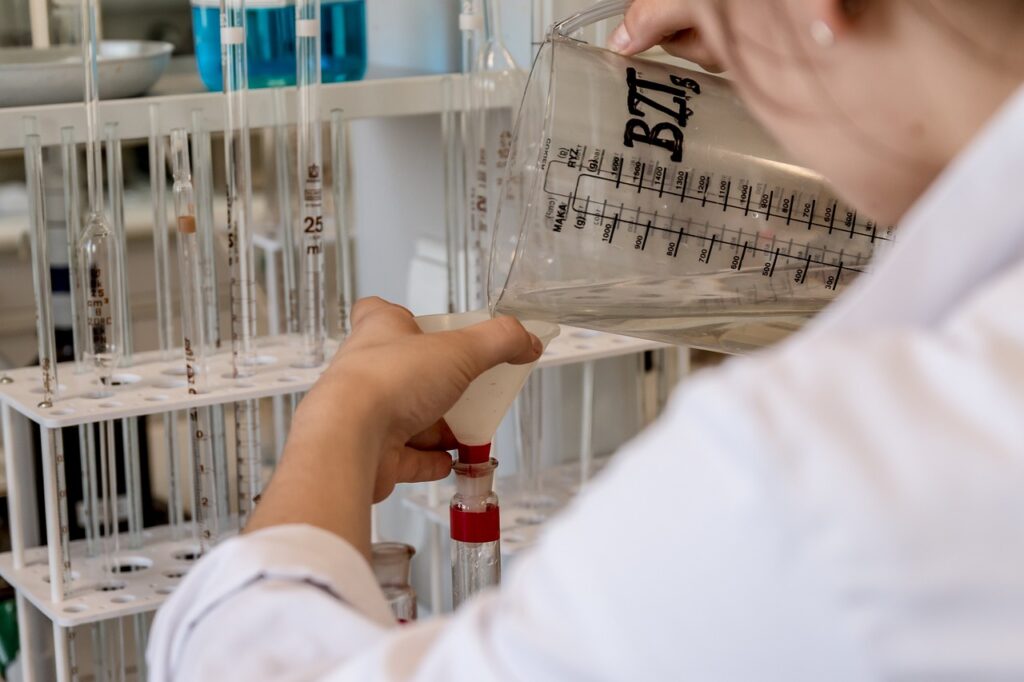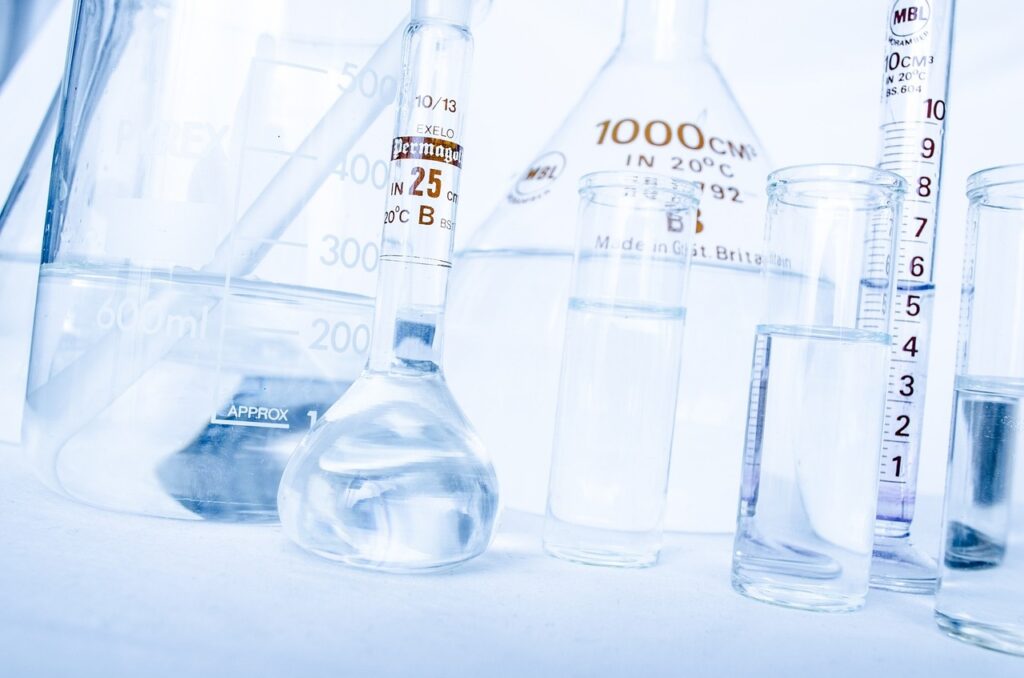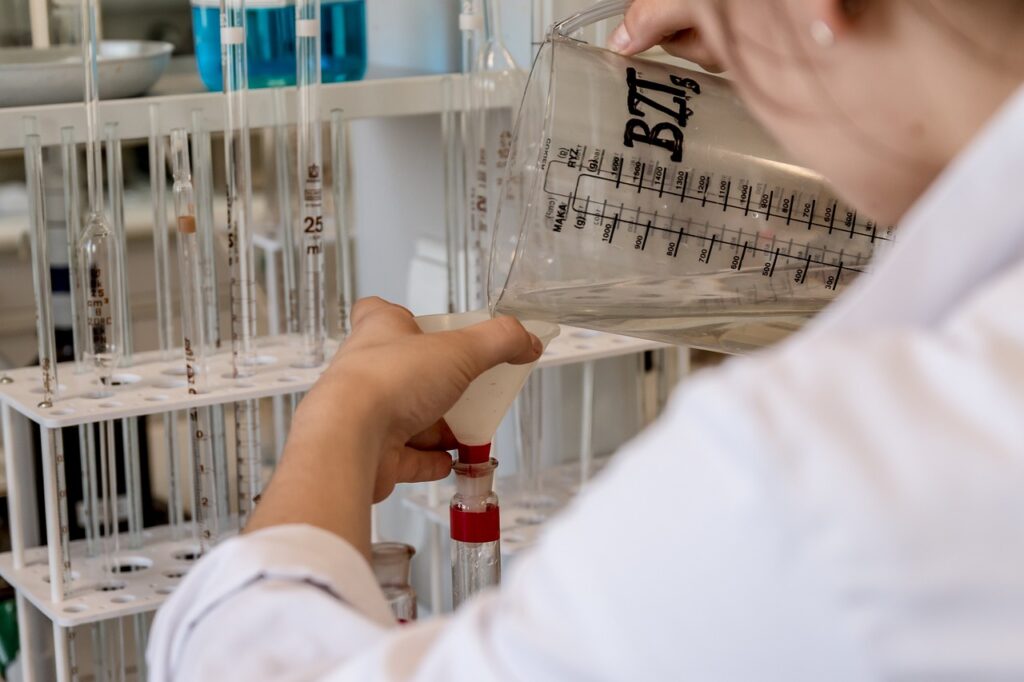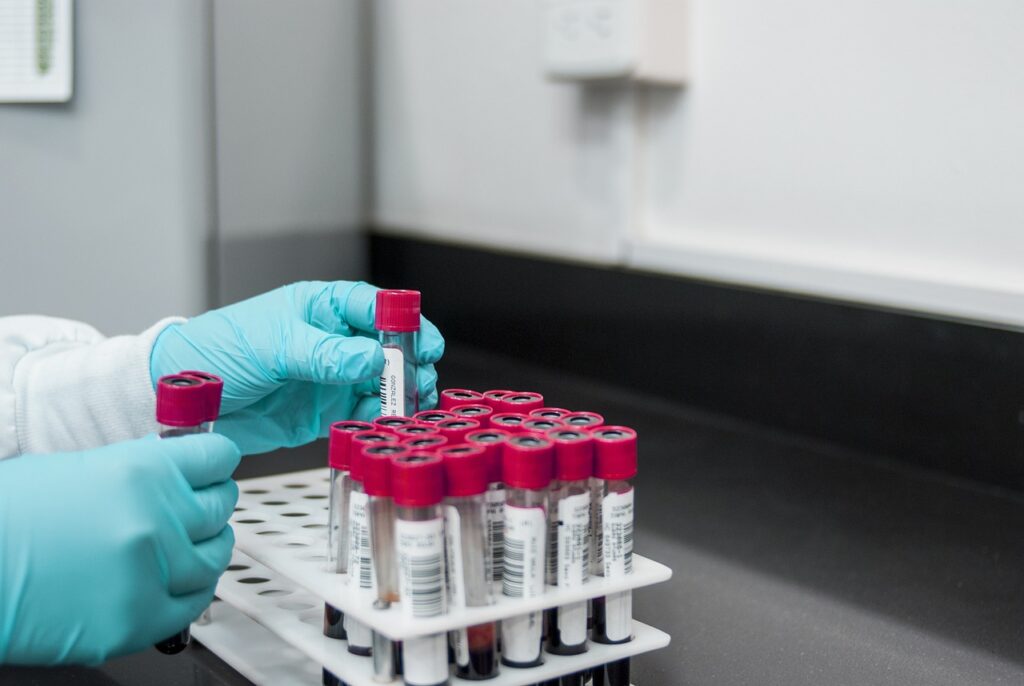Water is essential to human life and is vital to cleanliness, health, and general well-being. Access to safe and clean water is still a major global concern, despite its significance. Every year, millions of people die from diseases brought on by contaminated water. This demonstrates how important water quality analysis is to preserving public health. We can guarantee that water is free of dangerous pollutants and satisfies safety requirements for human use and consumption by conducting thorough testing and monitoring.
Understanding Water Quality Analysis
The process of assessing water to ascertain if it is suitable for a given use, such as drinking, farming, or industry, is known as water quality analysis. Temperature, color, turbidity, pH levels, dissolved oxygen, hardness, and the presence of dangerous microbes are just a few of the physical, chemical, and biological characteristics that will be tested during this examination. Water quality analysis helps reduce health hazards, preserve ecological balance, and guarantee adherence to safety rules by identifying contaminants. To perform these crucial evaluations, laboratories—like a water testing lab in Chennai—are outfitted with cutting-edge equipment and knowledge. Laboratories, such as a water testing lab in Chennai
The Role of Water Quality in Public Health
One of the main causes of illnesses like cholera, typhoid, hepatitis, and diarrhea is unsafe water. Long-term health issues like cancer, neurological illnesses, and developmental difficulties can also be brought on by contaminants in water. The following are the main justifications for why water quality analysis is essential to public health:
Prevention of Waterborne Diseases
One of the biggest health issues in the world is waterborne illness. Serious gastrointestinal infections can be caused by contaminants including Salmonella, Vibrio cholerae, and E. coli. Frequent testing of the water quality can identify these dangerous diseases early on, allowing for prompt remedial measures to stop epidemics.
Mitigation of Chemical Contamination
People’s health is seriously threatened by chemical pollutants, such as heavy metals, pesticides, and industrial waste. For instance, skeletal fluorosis can result from too much fluoride, while cancer is associated with arsenic exposure. We can keep an eye on these pollutants and make sure water sources are safe to drink by performing water quality analysis.
Protection of Vulnerable Populations
Certain demographics are especially vulnerable to chemical toxicity and waterborne infections, including the elderly, pregnant women, and children. Their health and well-being depend on having access to clean water. Testing guarantees that the water satisfies the precise quality requirements required to safeguard these susceptible groups.
Improvement of Hygiene and Sanitation
Clean water is critical for maintaining hygiene and sanitation. Contaminated water can compromise sanitation efforts, leading to the spread of infectious diseases. Water quality assessments ensure that water used for cleaning, bathing, and other domestic purposes is safe.

The Process of Water Quality Analysis
The process of Water Quality Analysis typically involves sampling, testing, reporting, and remediation. A professional water testing lab in Chennai can guide communities, industries, and local governments through this process, ensuring accurate results and actionable insights.
Why Regular Water Quality Testing is Necessary
Natural disasters, agricultural runoff, and industrial discharges can all cause changes in water quality over time. To keep an eye on developments, guarantee adherence to legal requirements, and reassure communities about the security of their water supply, routine testing is crucial.
Case Study: Role of Water Testing in Urban Areas
Chennai and other urban regions have particular problems with water quality because of their reliance on a variety of water sources, fast industry, and population increase. Common problems include contaminants such as heavy metals, plastic trash, and sewage discharge. By testing municipal water supplies, helping businesses manage wastewater, and assisting homes with the installation and upkeep of efficient water purification systems, a water testing lab in Chennai plays a crucial part in resolving these problems.
Advancements in Water Quality Analysis
Water quality analysis is becoming more accurate and efficient thanks to technological improvements. Contemporary approaches to real-time water quality monitoring include spectroscopy, chromatography, molecular techniques, and Internet of Things-based sensors. These developments have improved our capacity to safeguard public health and preserve water supplies.
Challenges in Water Quality Management
Even with improvements, maintaining water quality is still a difficult task. Water contamination problems are made worse by rapid urbanization, industrialization, and climate change. Furthermore, efficient water quality management is hampered in many areas by a lack of awareness and proper infrastructure. Establishing thorough testing methods presents logistical and financial challenges, especially for developing nations. To effectively address these issues, governments and stakeholders must collaborate to invest in improved infrastructure, provide professional training, and raise community awareness.
Community Involvement in Water Quality Preservation
Participation and public awareness are essential to preserving the quality of the water. By embracing sustainable habits like cutting back on plastic use, appropriately disposing of hazardous waste, and saving water, both individuals and communities can make a difference. Campaigns for education can highlight the value of cleanliness and water conservation even more. Collaboration with local authorities and water testing labs can ensure timely action against contamination sources.
The Economic Impact of Poor Water Quality
There are serious economic consequences associated with poor water quality. Increased prevalence of waterborne illnesses drives up healthcare expenses, and sectors like manufacturing and agriculture that depend on clean water have setbacks. In addition to enhancing public health, funding water quality analysis promotes economic stability by halting environmental deterioration and productivity losses.
Conclusion
Clean water is a fundamental human right, and Water Quality Analysis is essential to making this right a reality. By identifying and addressing contaminants, we can prevent waterborne diseases, protect vulnerable populations, and promote overall public health. Collaboration between governments, industries, and laboratories, such as a water testing lab in Chennai, is crucial in this endeavor.
Regular testing and monitoring of water sources not only safeguard health but also contribute to sustainable development by ensuring the availability of clean water for future generations. Let us prioritize Water Quality Analysis and take collective action to protect this precious resource for the well-being of all.

